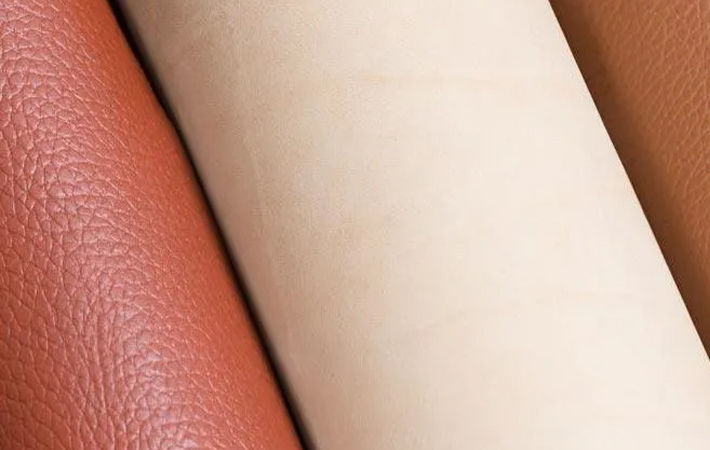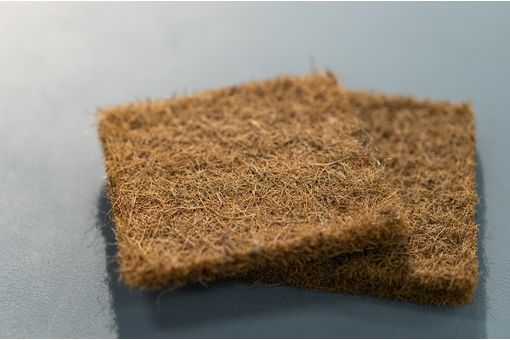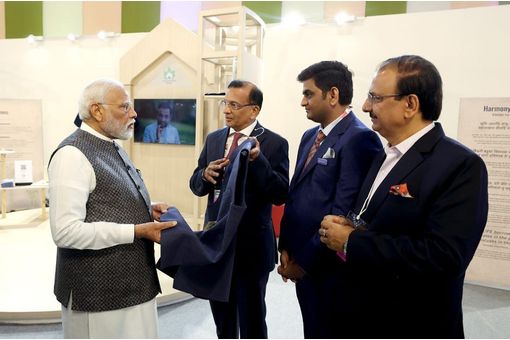UK's LWG, WWF collaborate for ESG concerns in leather industry

The collaboration will combine the two organisations’ efforts and maximise their impact on a series of initiatives aimed at driving positive environmental and social change in the leather supply chain, UK-based LWG said in a press release.
“Collaboration is the key to our group’s success, and we are thrilled to have WWF join the LWG as a member and to continue strengthening our partnership with them to help us achieve our goals. By utilising WWF’s resources, as well as our own expertise and established connection with the leather industry, our strengthened relationship should yield meaningful, long-lasting change in the ESG practices of the leather supply chain,” Christina Trautmann, programme manager at the Leather Working Group (LWG), said.
Historically, the LWG has sought input and guidance from NGOs such as WWF and National Wildlife Federation (NWF), on topics such as traceability and deforestation. This new milestone is a significant strengthening of the existing partnership, represented by WWF joining LWG as an official member as of August 2021.
The LWG-WWF collaboration will build upon LWG’s existing base of knowledge and established workstreams to investigate, establish, and promote additional solutions to support companies within the leather industry. In turn, members of the leather supply chain will be able to adopt robust systems and meet their science-based commitments in the areas of deforestation, water stewardship, human rights, and emissions.
"The work being developed by the Leather Working Group to enhance sustainability of leather value chains is an important step forward in enhancing transparency and creating trust for leather stakeholders across the board, especially as LWG welcomes members of civil society for involvement and input. Incorporating requirements for additional checks on material sourced from threatened geographies into the auditing protocol is a very effective way to achieve zero deforestation and conversion supply chains for leather globally. The Leather Working Group aims to address habitat loss in an open, science based, data-driven way - WWF supports that,” said Mauricio Bauer, Senior director, beef and leather supply chains at World Wildlife Fund US.
The LWG aims to facilitate better traceability and transparency in the leather supply chain through the LWG Leather Manufacturer Audit. A key priority for the LWG is working towards a fully deforestation and conversion-free (DCF) leather supply chain through due diligence measures that are required within the LWG audit.
As a complement to the traceability and due diligence measures required in the LWG audit, WWF will provide expert advice to help the LWG guide companies within the leather industry to understand and respond to issues associated with the provenance and production of leather as a material. This will include providing access to key frameworks such as the Accountability Framework Initiative (AFI) and tools like WWF’s DCF Implementation Toolkit, designed to support businesses in reducing their risk of deforestation exposure through supply chain monitoring.
Managing the use of water in leather production has always been a key environmental priority within the LWG auditing standards, as well as a focus of our collaboration with organisations working in this space. To strengthen this work, LWG will make use of WWF’s work on water resource protection to help all companies in the leather supply chain, including brands and retailers, to understand and manage their water usage, and reduce their impact. Version 7.0 of the LWG Leather Manufacturer Audit Protocol (P7) has introduced a section on social auditing for the first time, driven by the evolving needs of the LWG membership. Building on this, LWG member companies will work on implementing good practices, governance and programmes to protect vulnerable communities and safeguard human rights within the leather supply chain.
Fibre2Fashion News Desk (RR)
































-Ltd..jpg?tr=w-120,h-60,c-at_max,cm-pad_resize,bg-ffffff)





.jpg?tr=w-120,h-60,c-at_max,cm-pad_resize,bg-ffffff)
.jpg?tr=w-120,h-60,c-at_max,cm-pad_resize,bg-ffffff)






